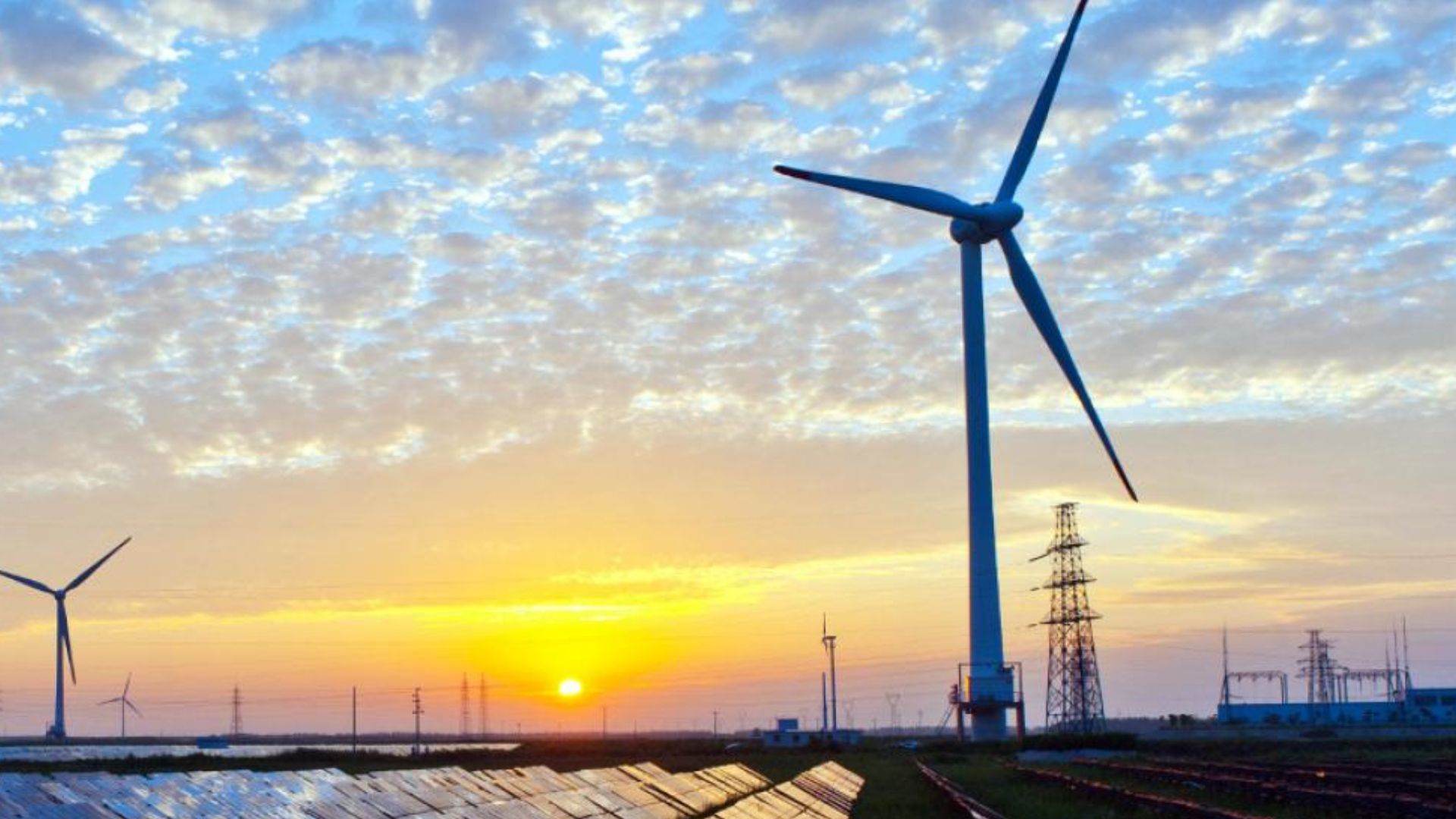Revitalizing Romania's Energy Distribution: Challenges and Investment Prospects
- Poland | 14 July 2020

Romania’s power distribution sector underwent a significant transformation in 2005 and 2006 when large European energy companies acquired five distribution companies, establishing regional monopolies. The sector’s importance to Romania was underscored by a 2018 PwC study, revealing that the distribution sector contributes approximately €2.8 billion, equivalent to 1.42% of the GDP.
The Federation of Associations of Energy Utility Companies (ACUE) reports that the distribution network demands long-term investments exceeding €10 billion. These investments are essential to replace outdated infrastructure and bridge the gap with the EU average.
Silvia Vlasceanu, President of ACUE, emphasizes the urgent need for substantial investments in Romania’s aging infrastructure, with around 60% of networks being over 40 years old. While maintenance efforts have been undertaken by the state and private companies as part of privatization plans, some networks require complete replacement.
However, the prospect of massive investments faces challenges, particularly in gaining approval from the Romanian Energy Regulatory Authority (ANRE). Investments affect final tariffs and can become burdensome for end-energy consumers. Moreover, the decision by the state to lower the regulated rate of return (RRR) since 2019 has dissatisfied many distribution companies. The RRR, which previously stood at 7.7%, was initially reduced to 5.6% in 2018, then increased to 6.9% in April 2019.
Mihai G. Popa, Corporate Legal Department Director at E.ON Romania, acknowledges the RRR adjustments as a step in the right direction. He believes it demonstrates that industry concerns have been heard and that dialogue has had some positive impact.
A particular focus for investments in the sector is smart metering, regarded as the foundation for smart grids. Romania initially aimed for 80% of distribution companies’ end consumers to have smart systems installed by 2020, but progress has been sluggish. A change in the law last year extended the deadline to 2028.
Corneliu Bodea, CEO of Adrem, stresses the need for a rational approach to smart metering implementation, considering the €100 million investment per million consumers and its impact on tariffs.
Despite challenges, numerous investments are underway, encompassing modernization, expansion, and digital transformation. Delgaz Grid, for example, invested approximately €105 million in modernization last year, marking its highest investment since entering the Romanian market. Frank Hajdinjak, General Manager, expects similar annual investment budgets of around €100 million for the foreseeable future.
CEZ Group has also made substantial investments in recent years. Ondrej Safar, Country Manager, highlights the company’s focus on digital transformation, including data collection, smart metering, and mobile workforce management. The aim is to enhance efficiency, especially in managing equipment and human resources.
This trend towards digitalization is expected to persist, driven by disruptive factors like prosumers, which pose challenges to traditional transmission and distribution systems, emphasizing the need for smarter grids.








